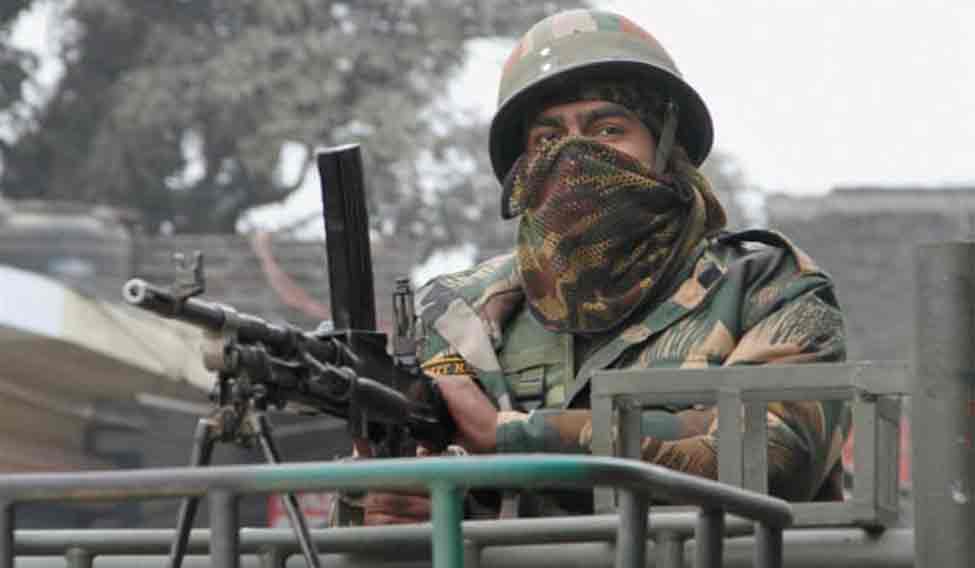The government on Tuesday came under a sharp attack from a parliamentary panel for lapses and failures in the Pathankot airbase security, and said "something was seriously wrong" with India's counter-terror mechanism.
A report by the parliamentary standing committee on the home ministry, which provides parliamentary oversight on internal security, red-flagged India's overall security apparatus to battle cross-border terrorism.
It said the January 2 strike at the Indian Air Force (IAF) base in Pathankot was preventable after "concrete and credible intelligence inputs" were received about a possible attack by terrorists from across the border with Pakistan.
The panel, headed by P. Bhattacharya of the Congress, lamented how Indian security agencies "were so ill-prepared to anticipate (terror) threats in time and counter them swiftly and decisively".
"...something is seriously wrong with our counter-terror security establishment," said the report by the parliamentary standing committee for home ministry.
The report comes in the wake of the Pathankot terror attack that killed at least seven Indian security personnel at the sprawling airbase complex which houses some of India's high-value security assets, including fighter jets.
The committee questioned how the "Pakistani terrorists" managed to cross the border "despite fencing, floodlighting and patrolling by" Indian frontier guards.
The panel "is unable to understand that in spite of terror alert sounded well in advance, how terrorists managed to breach the 'high-security' airbase".
It alleged the "airbase's security cover was not robust (with) a poorly guarded perimeter wall".
The panel said during its visit to the airbase, it found there were no roads around the perimeter wall of the airbas complex where the heavily armed terrorists were holed up before they were gunned down in a battle that lasted for 72 hours.
It said shrubs and trees on the premises were found to have grown long enough to help "terrorists in hiding and making difficult for security forces in flushing (them) out".
The panel also highlighted the "very questionable and suspicious" role of Punjab Police.
The committee asked why Punjab Police "took a long time in arriving at the conclusion that" the abductions by the attackers of Superintendent of Police Salwinder Singh, his friend and the cook "was not just a criminal robbery".
It questioned how the senior police officer was let off which should be "thoroughly examined" by the National Investigation Agency (NIA) probing the attack.
"...the role of the narco syndicate active in the border areas of Punjab should also be investigated as the terrorists might have taken the help of channels or networks used by smugglers to infiltrate the border," it said.
The panel alleged that Pakistan security and intelligence agencies were involved in the attack that led to frosty ties between India and Pakistan, just days after Prime Minister Narendra Modi visited Lahore on a previously unannounced trip to attend the wedding of Pakistani Premier Nawaz Sharif's granddaughter.
"In view of the ease with which the terrorists sneaked into our side from Pakistan, the committee understands that the attack cannot take place without the active support of security and intelligence agencies of Pakistan as four armed men cannot easily pass through a heavy Pakistani defence establishment situated near the border area," the report said.



